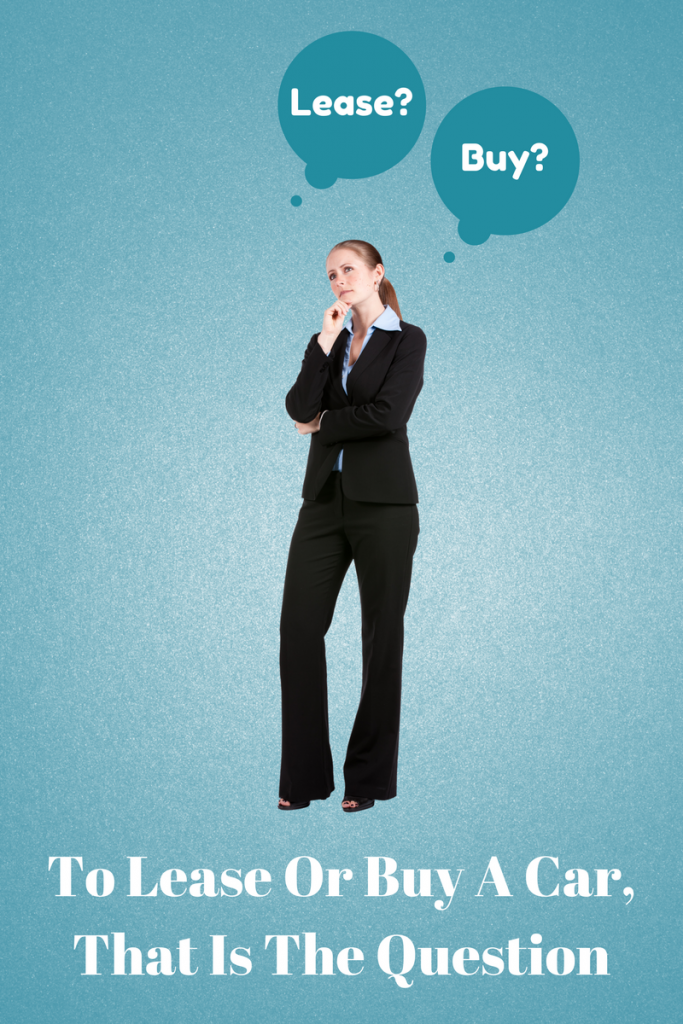
When it’s time for a new car, you have the option of purchasing it outright, either with cash or by financing it, or you can strike up a lease agreement with an auto retailer. Leasing provides the short-term benefits of a new car without the downside of the latter years of ownership. This avenue of lesser commitment comes at a higher cost. Buying a vehicle outright is a more serious commitment, but over time you should get more value for your money.
Educate Yourself
In order to get the most out of either option, get in tune with the benefits and drawbacks of each. Both are viable options when the proper conditions are met. Your lifestyle and situation will also change over the years. While leasing might make sense right now, it may not always be the case. Don’t listen to anyone who says to “always” or “never” do something. The right answer always starts with, “it depends”.
Key considerations before buying or leasing a vehicle:
1. Leasing is akin to renting your car.
You will be making monthly payments without ever really owning it. Once the lease term is up, you either give the vehicle back or renew the lease with a newer model. Your payments do not go toward paying down principle or net you equity in the value at the end of the term.
∙ You will still be responsible for all aspects of maintenance during the lease term. On shorter lease terms, this will mean oil changes, fluids, and filters. Longer lease terms might require new tires, brakes, or re-alignment.
∙ Lease agreements will also be strict about aftermarket modifications. No bumper stickers, spoilers, or window tinting.
∙ If you enjoy having a new car or it’s necessary for your job, leasing makes a lot of sense. Instead of paying full price to buy a new car and then eating the depreciation when you sell in 3-5 years, you just make a constant payment and get a new car every time the term rolls over.
2. Taking out an auto loan makes the vehicle yours…
as long as you make sure to make the loan payments. Once the loan is paid off, you can pretty much do whatever you want with the car.
∙ You’re responsible for all maintenance and repairs.
∙ Once you own your car outright, you can use it as collateral for secured loans.
3. Interest rates will greatly affect the viability of this option.
Affordability is key. The flux of market conditions could change which options makes the most sense at any given time.
∙ When interest rates are low, the cost of leasing may not be as competitive. The incentives offered by an individual dealer will also have a big effect on what makes the most sense. With low rates there will be many buyers, so dealers may not need to be as competitive with their incentive offers.
∙ Higher interest rates make borrowing costs less feasible. Leasing may be a better short-term option because the monthly payments could be lower.
The Bottom Line
Weigh your options closely before reaching a decision. Plug all the numbers into Excel and understand completely how much you’re paying. Don’t assume that $5,000 cash back makes any financing deal a good one. Likewise, “never lease a car” is terrible advice. Know your own situation and make the call.




No comments yet.